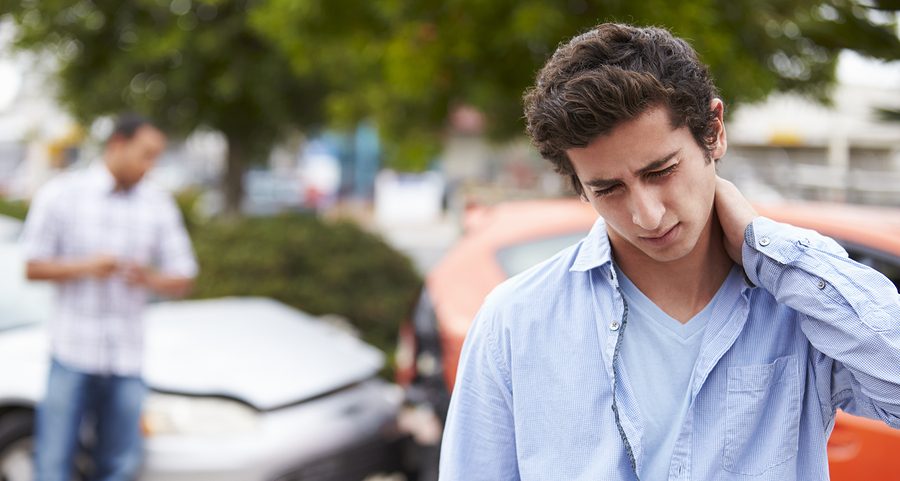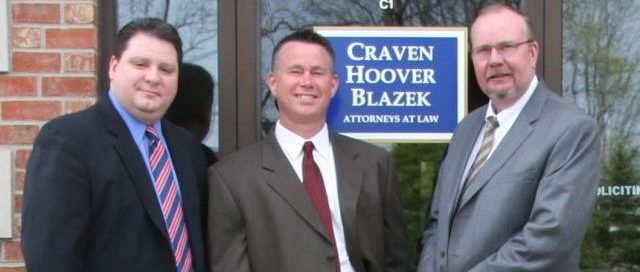Whether you loan out your vehicle to another person, or you drive a vehicle other than your own, there are several types of legal liability that might be at play. The scope of such liability differs among states, and from case to case, however, there are always laws surrounding the operation of a vehicle in one way or another.
Continue reading to learn which types of legal liability you should be aware of when it comes to operating another’s car.

Children and Family Members
It is very common for parents and guardians to allow teens to operate the family car. Common legal principles that surround loaning the family car to a child or relative include the family purpose doctrine, negligent entrustment, and vicarious liability. The set of laws that apply depend on whether or not the driver of your vehicle is your child or family member.
The Family Purpose Doctrine
If a family member drives your car, whether they were given permission or not, the family purpose doctrine might be relevant in your state. Under United States common law, this doctrine is a statute that holds the owner of a motor vehicle accountable for any damages that results to others when a family member operates their vehicle. This doctrine applies regardless if the owner gave the family member permission or not.
Negligent Entrustment
Negligent entrustment is a legal liability that might come into play when a child operates your vehicle. As a parent or guardian, also called the “entruster”, the law might deem you negligent and responsible for any damages that result to others if you permit your child to operate the family car with the knowledge that they are unlicensed, inexperienced, reckless, inadequate at driving, or unreliable.
Vicarious Liability
In the case that you were not driving your vehicle, and/or present at the time of the accident, there is a possibility that the law could deem you liable for damages in a car accident. This legal principle is mostly applied in cases in which parents or guardians lend their vehicles to their children, or have their children’s vehicles in their name. For instance, if your teenager or child causes a car accident that causes damages to others, you may be held liable for damages.
Company Vehicles and Others Outside of Family
Aside from children and family, it is a common occurrence to allow others to operate a vehicle that you own. This is such the case for employees who drive a company car, or for individuals who loan their cars to friends or co-workers. The types of liability that might apply to these situations are negligent entrustment and vicarious liability.
When you are operating a company vehicle while performing work-related duties, and an accident ensures that results in damages to others, employers are generally liable under law. In such cases, vicarious liability law would typically apply.
If you allow an employee to operate your vehicle, which is not a company vehicle, but rather, your own private vehicle, the principles of negligent entrustment might also be applied if they cause an accident that results in damages to others.
In the case that you allow another person that is not a family member to operate your vehicle, such as a friend or coworker, negligent entrustment is the type of liability that might be applied if an accident that results in damages to others occurs.
Were You Injured in a Car Accident?
Call Craven, Hoover, and Blazek P.C. at 317-881-2700 to schedule a free consultation with a licensed Indianapolis car accident attorney who can determine the best strategies for your case. Not only does our law firm offer free consultations, we never collect lawyer fees unless we prevail for you! Call 317-881-2700 to get started on your financial recovery, today. We represent injured persons throughout Indiana.

